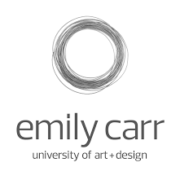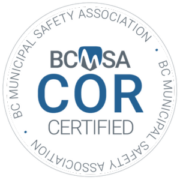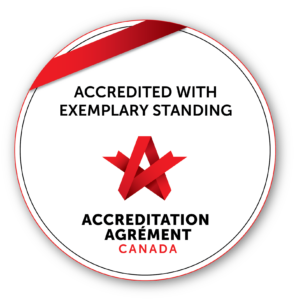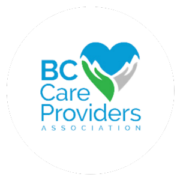Emily Carr + Menno Place = Innovation
In September 2014, Menno Place launched a two-phase project with Emily Carr University of Art + Design – specifically with their Health Design Lab.
Emily Carr University of Art + Design (ECUAD) has found a way of providing innovative solutions to “wicked problems” – these are the kinds of problems that have complex answers or no clear answers at all. The students in the Health Design Lab have provided insight, innovation and solutions for multiple Health Authorities throughout BC, including Fraser Health.
One solution that the students created was an innovative, interactive method to motivate hospital visitors to sanitize their hands. They created a technical app that linked the foyer hand sanitizers in Vancouver General Hospital with televisions mounted above. Each time an individual sanitized their hands, a hand icon was added to the graphics on the TV along with the new total number of hands that had been sanitized that day. It was a type of game – sanitize your hand and the TV recorded your effort.
This type of success and innovation motivated Menno Place to approach ECUAD to engage with our project – “Promoting Well-Being Within a Retirement Community”.
We agreed on a direction and have been working with ECUAD since September on Phase 1. The project will consider ways to engage with Menno Place’s residents and the public around issues related to the comfort and well-being of current and future residents. While Menno Place has a strong reputation within the community, parts of the infrastructure are aging and a new facility is being planned. This provides Menno Place with an opportunity to consult with their own resident population as well as the public in order to create meaningful dialogue on what a healthy, positive residential care environment might look like. The overarching goal is to provide a healthy, comfortable and positive space for the residents.
We completed Phase One in the fall of 2014. This included three co-creation sessions. These interactive processes took place with several groups: residents, staff, families and the public.
ECUAD also interviewed key personnel about their work at Menno Place. This was a confidential opportunity to establish existing barriers to change as well as to identify key opportunities.
We are entering Phase Two of the project. This phase begins from an evidence-based context. Students will look for genuinely innovative approaches to the problems created by aging infrastructure. They will apply research findings to a range of suggested solutions: both practical and immediately realizable, as well as recommendations for long-term systemic changes to infrastructure.







